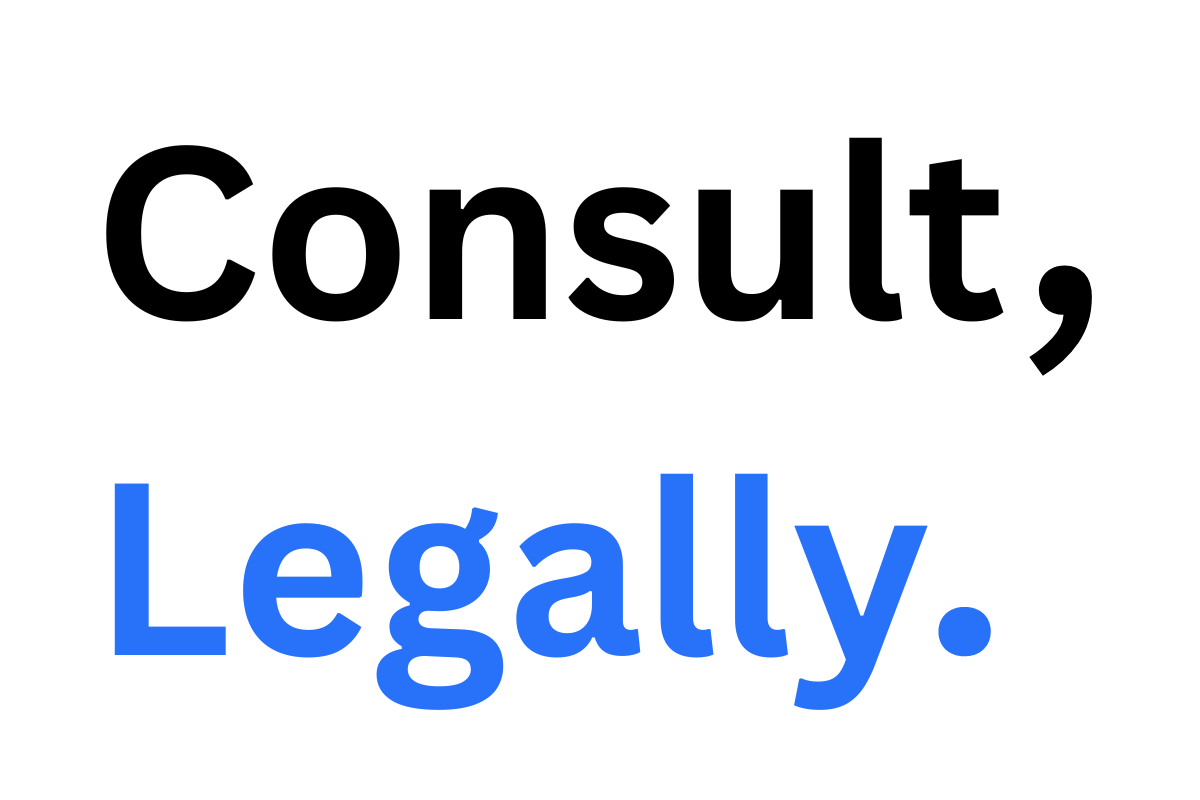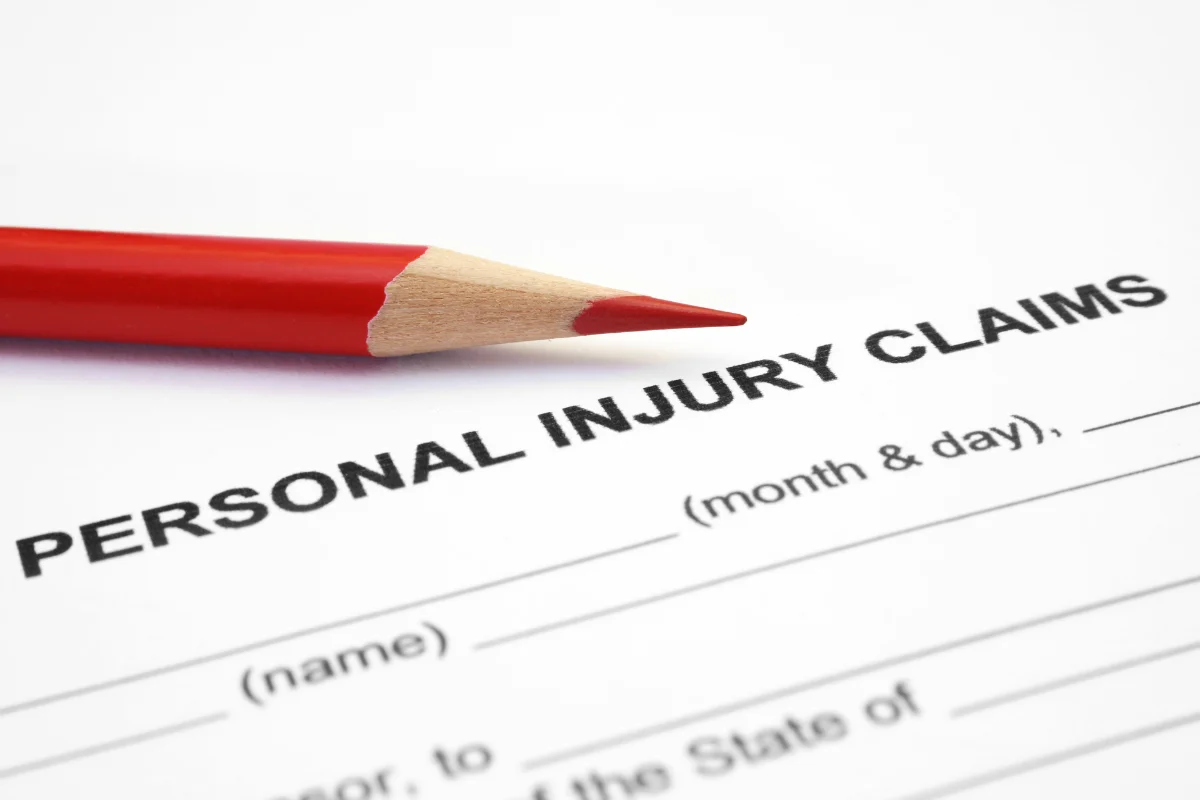Getting injured unexpectedly can be overwhelming, but knowing how to respond in the critical moments afterward is essential. Whether it’s a car accident, a workplace injury, or a slip and fall, the right actions can help you recover quickly and ensure you get the compensation you deserve. Let’s explore what you should do right after an injury and how it can protect your rights and well-being.
Why Taking the Right Steps After an Injury is Important?
It’s not uncommon for people to feel lost after an injury, not knowing what steps to take first. However, each action you take can significantly impact your health and legal situation. By acting swiftly and carefully, you can safeguard yourself physically and financially.
Top Things to Do After an Injury
1. Seek Medical Attention Immediately
Your health comes first, no matter how minor or serious your injury seems. Even if you feel okay at first, some injuries, like head trauma or internal bleeding, might not show symptoms right away. After an accident, the rush of adrenaline can mask pain, so it’s crucial to get checked by a doctor as soon as possible.
Why is this so important? Not only does seeing a doctor protect your health, but it also ensures there’s a medical record of your injury. This will be key later on if you need to file an insurance claim or seek compensation. If you delay seeking medical care, insurance companies might argue that your injury wasn’t that serious or wasn’t caused by the accident at all.
So, don’t wait! Whether it’s a trip to the emergency room or a visit to your primary care doctor, make it a priority to get medical care.
2. File a Police Report
If your injury resulted from an accident, such as a car crash or a situation where someone else is at fault, it’s important to involve the authorities. Having an official police report on record can be a game changer when it comes to proving your case.
A police report documents the details of the accident, including the time, place, and the people involved. It can also include witness statements and observations from the officer on the scene, which could help back up your claim. Additionally, the report prevents anyone from changing their story later or denying responsibility for the accident.
When the police arrive, make sure you get the officer’s name and badge number, and later request a copy of the report for your records. This will be crucial evidence if you need to file an insurance claim or take legal action.
3. Gather Evidence at the Scene
If you’re physically able to do so after the accident, start gathering evidence right away. This means taking photos or videos of the accident scene, your injuries, and any property damage. Capture as much detail as possible—skid marks on the road, weather conditions, broken objects, and anything else that might show what happened.
Collect contact information from witnesses, as their statements can support your version of events. If the accident involved another person, like in a car accident or a slip and fall at a business, try to get their insurance information or contact details as well.
The more evidence you can collect, the better. This will help if you need to prove the other party’s fault, especially when it comes to negotiating with insurance companies or if you decide to file a lawsuit later.
4. Document Your Medical Care
As you begin treatment for your injury, it’s important to keep detailed records of your medical care. This includes everything from doctor visits, hospital stays, medications prescribed, physical therapy, and any other treatments you receive. If your doctor refers you to a specialist or recommends surgery, make sure to keep those records as well.
Your medical records are essential when it comes to proving the extent of your injury and how much compensation you should receive. Insurance companies and legal teams will closely examine your medical history, so keeping accurate and up-to-date records will protect you from any disputes about the severity of your injuries.
Additionally, hold onto receipts and bills related to your treatment. If you need to take time off work, document that too. Lost wages are part of your compensation claim, and having detailed records will ensure you get the amount you deserve.
5. Speak to a Personal Injury Lawyer
Navigating the legal landscape after an injury can be tricky, especially if the accident was caused by someone else. While it might be tempting to handle things on your own, reaching out to a personal injury lawyer can make all the difference in securing fair compensation for your injuries.
Why do you need a lawyer? Personal injury law can be complex, and insurance companies often try to pay out as little as possible. An experienced attorney will help you understand your rights, evaluate your claim, and negotiate on your behalf. They’ll know the true value of your case, taking into account not only your medical expenses but also lost wages, pain and suffering, and any long-term effects of your injury.
A good lawyer can also guide you through the process of dealing with insurance adjusters. These adjusters may try to get you to accept a quick, low settlement, but your lawyer will know how to handle these tactics and get you the compensation you deserve.
Other Considerations After an Injury
It’s also essential to notify your insurance company, be cautious about what you post on social media, and avoid settling too quickly without fully understanding the long-term effects of your injury. Taking these extra precautions can help you protect your interests.
Don’t Settle Too Quickly
After an injury, it’s common for insurance companies to offer a quick settlement, hoping you’ll accept before you realize the full extent of your damages. While it might be tempting to accept and move on, you should never agree to a settlement without fully understanding what you’re owed. Once you accept an offer, you usually can’t go back and ask for more money, even if additional medical issues come up.
Take the time to consult with your lawyer before making any decisions. They’ll help you evaluate the offer and ensure that it covers not only your current medical expenses but any future costs related to the injury.
Conclusion: Protecting Yourself After an Injury
Experiencing an injury can be overwhelming, but taking the right steps early on can make a huge difference in your recovery and your financial future. By seeking medical attention, filing a police report, gathering evidence, documenting your care, and consulting with a personal injury lawyer, you can protect your health and your rights.
Remember, every injury case is unique, and taking a proactive approach will help you navigate the process with confidence. When you take these steps, you’re not only safeguarding your health but also ensuring you receive the compensation you deserve to help rebuild your life after the accident.

